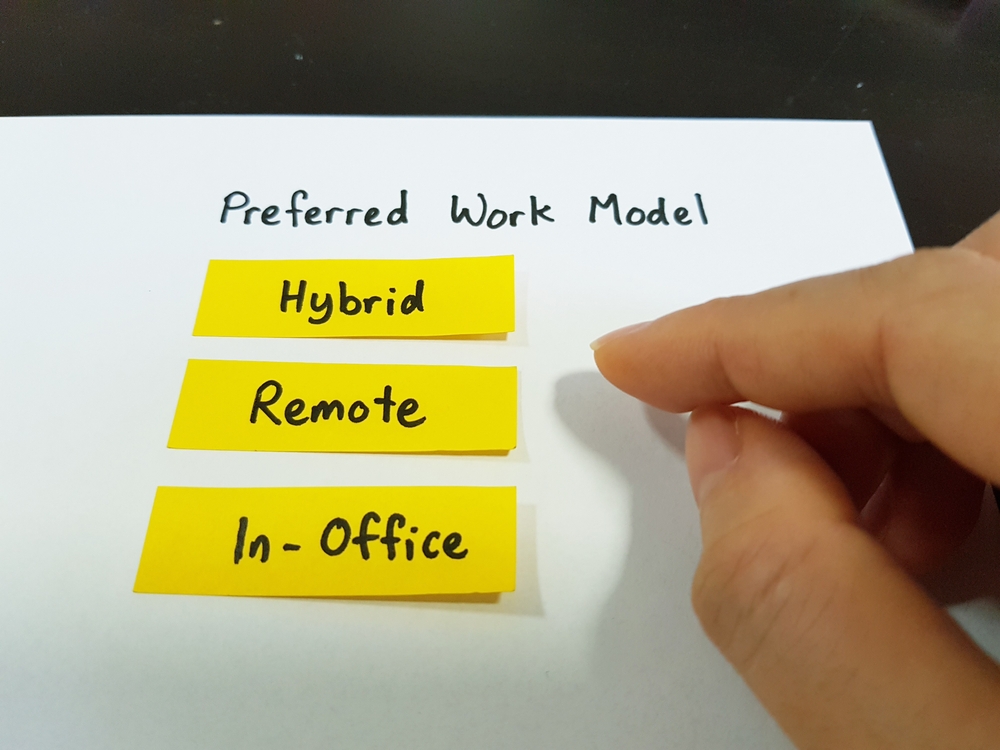
 Is subsidising frozen human eggs for storage or helping with IVF treatments a genuine boon for workplace diversity and female employee recruitment and retention?
Is subsidising frozen human eggs for storage or helping with IVF treatments a genuine boon for workplace diversity and female employee recruitment and retention?
Probably the answer is a qualified – yes. The “fertility benefit” is no longer an imaginative fantasy nor an outlandish fad. It is a perk or incentive increasingly being offered by companies in the USA and UK and elsewhere.
In Australia, too, there seems to be an uptake in acceptance that this is both a realistic and worthwhile benefit for many in the workforce – one which some women are actively seeking from employers. As the science and efficacy of these treatments has improved so has the demand.
As with many other diversity initiatives, ‘fertility benefits’ can, if handled well, be an added dimension to diverse and inclusive options available to organisations which are fully committed to taking a holistic approach. But as the linked articles point out the consequences can be nil or even negative if the wrong message is conveyed.
This will be the case if it is seen as a cynical or opportunistic move to induce women to delay their child-bearing years so that maximum productivity can be extracted during that period. If, on the other hand, it is introduced with broad consultation and squarely within the parameters of a DEI strategy, the perception is likely to be different. Namely, it provides working women with tools to empower themselves, have better control over their lives and to increase their autonomy and capacity to make long-term decisions.
In this respect it can indeed be seen as an authentic strategy to accommodate differences in the DEI space.













